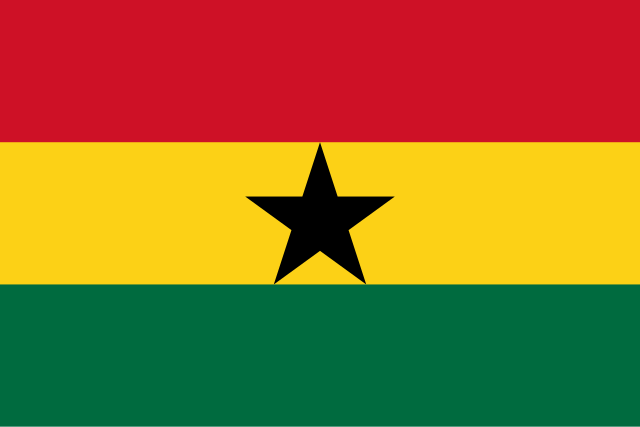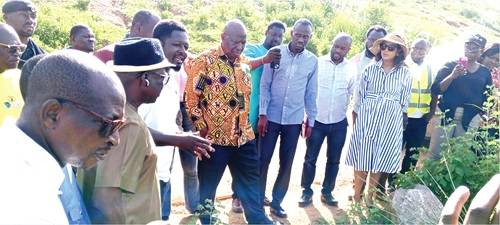# **Expedite $125m Ratification for Vea Dam Rehabilitation — World Bank to MoF**
The World Bank has urged Ghana’s Ministry of Finance (MoF) to expedite the ratification of a $125 million financing agreement for the rehabilitation of the Vea Dam in the Upper East Region. The project, crucial for ensuring sustainable water supply and irrigation services, has faced delays, raising concerns over food security and water accessibility in the region.
## **The Importance of Vea Dam Rehabilitation**
The Vea Dam, constructed in the 1960s, serves as a critical water source for irrigation, domestic use, and livestock in the Upper East Region. However, decades of siltation, structural deterioration, and climate change impacts have significantly reduced its capacity. The dam’s current state threatens agricultural productivity, particularly for smallholder farmers who rely on it for dry-season farming.
The proposed rehabilitation, funded by the World Bank under the *Ghana Water and Sanitation Development Project*, aims to:
- **Desilt the reservoir** to restore its original water-holding capacity.
- **Strengthen the dam’s structural integrity** to prevent potential breaches.
- **Expand irrigation infrastructure** to support over 5,000 farmers.
- **Improve water supply systems** for surrounding communities.
## **World Bank’s Call for Urgent Action**
Despite the project’s approval in principle, delays in parliamentary ratification have stalled its implementation. The World Bank has emphasized the urgency, warning that further delays could escalate costs and worsen water scarcity in the region.
A World Bank representative stated, *“The Vea Dam rehabilitation is not just an infrastructure project but a lifeline for thousands of Ghanaians. Swift ratification will ensure timely execution and long-term benefits for water security and agricultural resilience.”*
## **Challenges and Potential Economic Impact**
The Upper East Region is one of Ghana’s most vulnerable areas to climate variability, with frequent droughts affecting crop yields. A functional Vea Dam would:
- **Boost food production**, reducing reliance on rain-fed agriculture.
- **Enhance livelihoods** for farmers and agribusinesses.
- **Support Ghana’s Planting for Food and Jobs initiative** by ensuring consistent water supply.
However, bureaucratic bottlenecks have hindered progress. Stakeholders, including the Ghana Irrigation Development Authority (GIDA) and local farmers, have called on the Finance Ministry and Parliament to fast-track the approval process.
## **Next Steps and Government Response**
The Ministry of Finance has acknowledged the World Bank’s concerns, assuring that the agreement is under review. A spokesperson noted, *“We recognize the project’s importance and are working to ensure its swift passage.”*
Once ratified, the Ghana Water Company Limited (GWCL) and the Ministry of Sanitation and Water Resources will oversee implementation, with completion expected within three years.
## **Conclusion**
The Vea Dam rehabilitation is a vital intervention for Ghana’s water and agricultural sectors. With the World Bank’s $125 million support ready for deployment, stakeholders urge the government to act swiftly. Delays risk exacerbating water shortages and food insecurity, while timely action could transform the region’s economic prospects.
The ball is now in the court of Ghana’s Ministry of Finance and Parliament—expediting ratification will secure a sustainable future for the Upper East Region.




No comments yet
Be the first to share your thoughts!